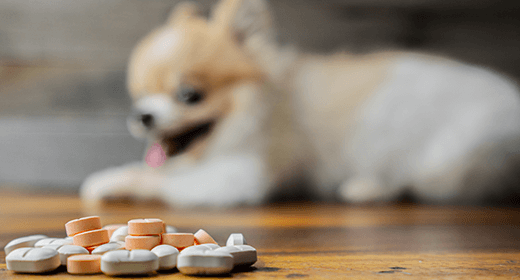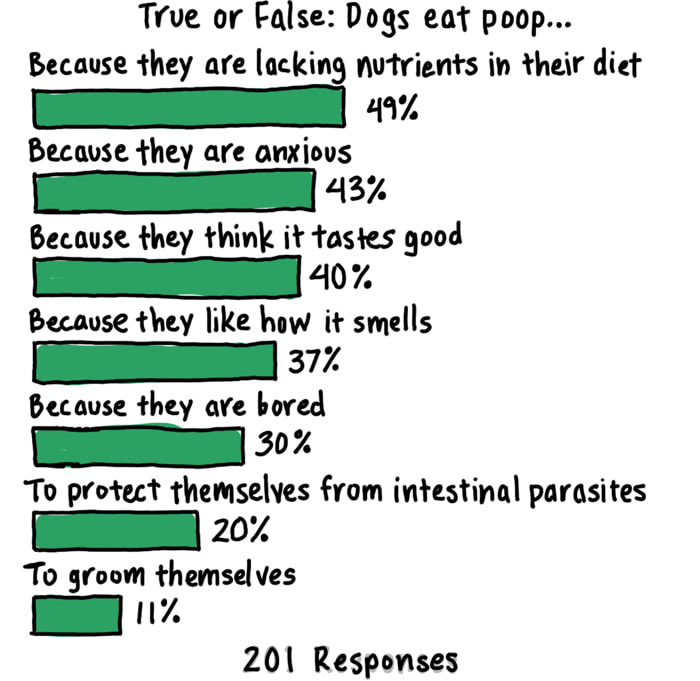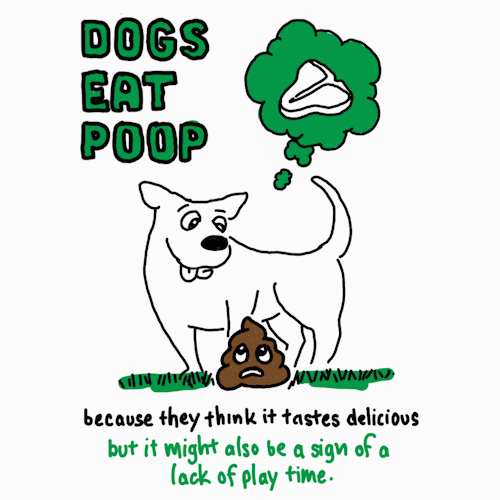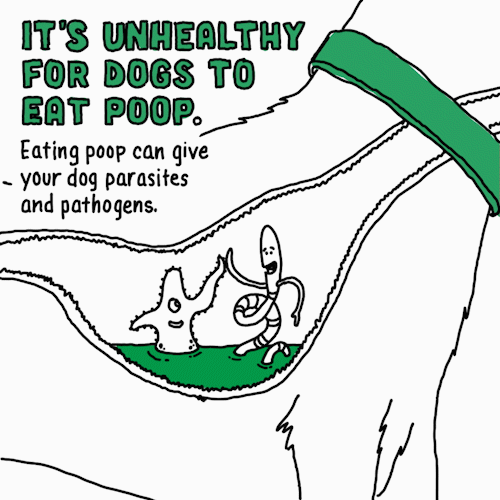

Providing dogs with vitamins, minerals, and other nutritional components is important to their health and well-being. The best way to do so is by feeding a high-quality complete and balanced diet. Supplementing dog food often upsets the balance and may lead to a variety of health problems.
People supplement their dog's diet for different reasons. Some of these reasons might include:
It is important for concerned pet owners to realize that a quality dog food is carefully formulated to meet the caloric needs of the animal. In addition, the food provides the essential amino acids, fatty acids, vitamins, and minerals specific to the nutritional requirements of dogs. Quality foods are complete and balanced for a specific life stage or lifestyle. By adding table scraps or other supplements, the delicate nutrient balance can be disrupted.
The interaction between different minerals is very complex. Fortunately, this is an area of nutrition that has been the focus of extensive research throughout many years. Research has shown that not only are the individual levels of minerals in a diet important, but so is the proper balance. An excess of one mineral may affect the absorption of a second, and lead to a deficiency in that second mineral.
One common supplement is feeding additional meat. However, because meat contains 20 to 40 times more phosphorus than calcium, adding meat to a balanced diet will upset the calcium to phosphorus (or Ca:P) ratio, which is important for proper bone development and maintenance. This may prompt the animal's body to absorb calcium from the bones in order to reach the right balance. This is often the case in older animals that experience tooth loss due to the resorption of bone from the lower jaw. Ca:P ratio should range between 1.1 to 1.4 parts of calcium for each 1 part of phosphorus.
Excess amounts of calcium have been associated with several bone diseases affecting growing puppies. Owners of large-breed puppies in particular believe that their puppies require extra calcium for proper development of large bones. Adding yogurt, cottage cheese, or calcium tablets to the pup's diet will only upset the body's delicate mineral balance. Remember that large-breed puppies will consume more food and receive the calcium their bodies need by eating the recommended portions. The best way to support a normal growth rate is to feed growing dogs adequate—but not excessive—amounts of a balanced diet, using a portion-controlled regimen.
The Association of American Feed Control Officials (AAFCO) regulates the pet food industry and has established certain nutritional requirements for dogs and cats. These requirements are published annually in the AAFCO Manual. Only pet foods that have met the strict testing criteria established by AAFCO can carry the 'complete and balanced' statement on the label.


Like any companion or roommate, dogs — for all their love and cuteness—have habits we just don’t understand. One question dog owners often ask their pets: “Why? Why would you eat poop?”

When we polled* dog owners recently, most thought it was because a dog is lacking nutrients (49%), they’re anxious (43%) or they just think it tastes good (40%).
Dogs are significantly more likely to eat the droppings of another species (e.g., horses, rabbits) than their own.
We held our noses and got to the bottom of the issue with the help of some experts.
While those in our poll thought this was the number-one reason for the behavior, it has actually never been proven. “It’s a myth dogs eat poop because they’re seeking nutrients they aren’t getting. There’s no evidence to back this,” says
Opens a new windowDr. Jo Gale, BVetMed CertLAS MRCVS, Senior Manager, Global Science Advocacy at Waltham Petcare Science Institute.

According to
Opens a new windowDr. Tammie King, Applied Behavior Technical Leader at Waltham Petcare Science Institute, “It can occur where there is lack of environmental enrichment. You see this often in dogs who are kenneled and have a lack of opportunity to exhibit normal canine behavior.” So if you need another excuse to get out and play with your pooch, this is a good one.
Believe it or not, this is the main reason dogs eat poop. Dr. Jo Gale explains: “Dogs are scavengers by nature and use any opportunity to eat what they can, when they can. They consider it a ‘tasty snack.’” Dr. Tammie King adds that “[Dogs eating poop] is a learned behavior. They’ve done it, enjoyed it, and that behavior is repeated.”
We love our dogs so much that we’re willing to trust our best friends on this. Maybe we should come out with a line of doggie breath mints though. Hmm.

“Ingesting feces from any animal increases potential for ingesting parasites and pathogens,” cautions Opens a new windowDr. James Serpell BSc, Phd Professor of Humane Ethics & Animal Welfare at University of Pennsylvania School of Veterinary Medicine. He went on to say, “[It’s] not something humans should ignore, but it's not worth getting too excited about it.”
All the experts we consulted said that if your dog occasionally eats poop, it’s nothing to be overly alarmed by. Just keep an eye on the frequency and their overall health. And as always, make sure they’re getting a nutritious diet and plenty of exercise and attention. If you have any concerns contact your vet.
Despite dogs liking the taste of poop, we’re going to stick with the healthy range of more traditional flavors offered in all IAMS dog foods.
*Surveyed U.S. dog owners, age 18+
Sample Size: n=201
Fielded May 8 to May 10, 2020